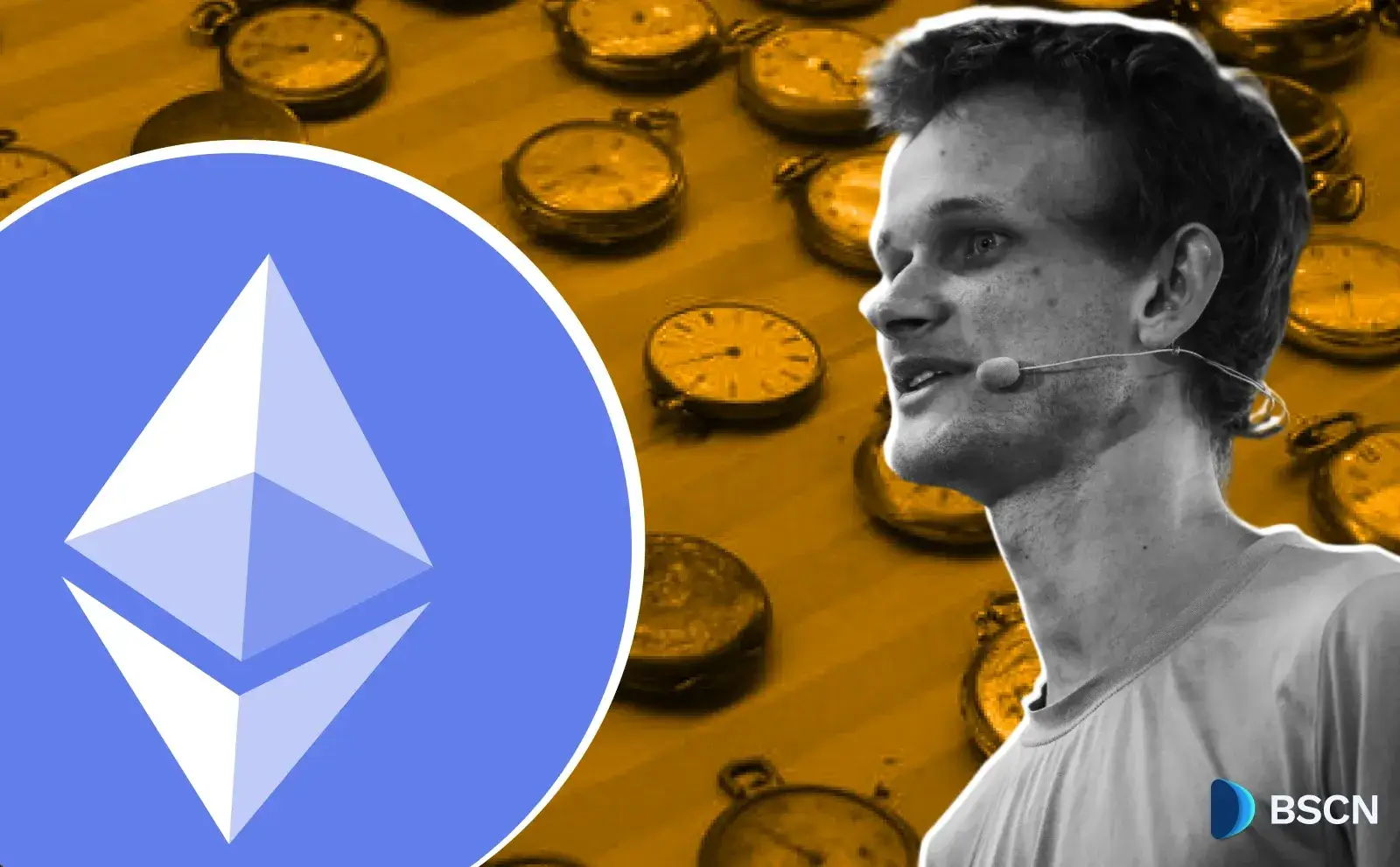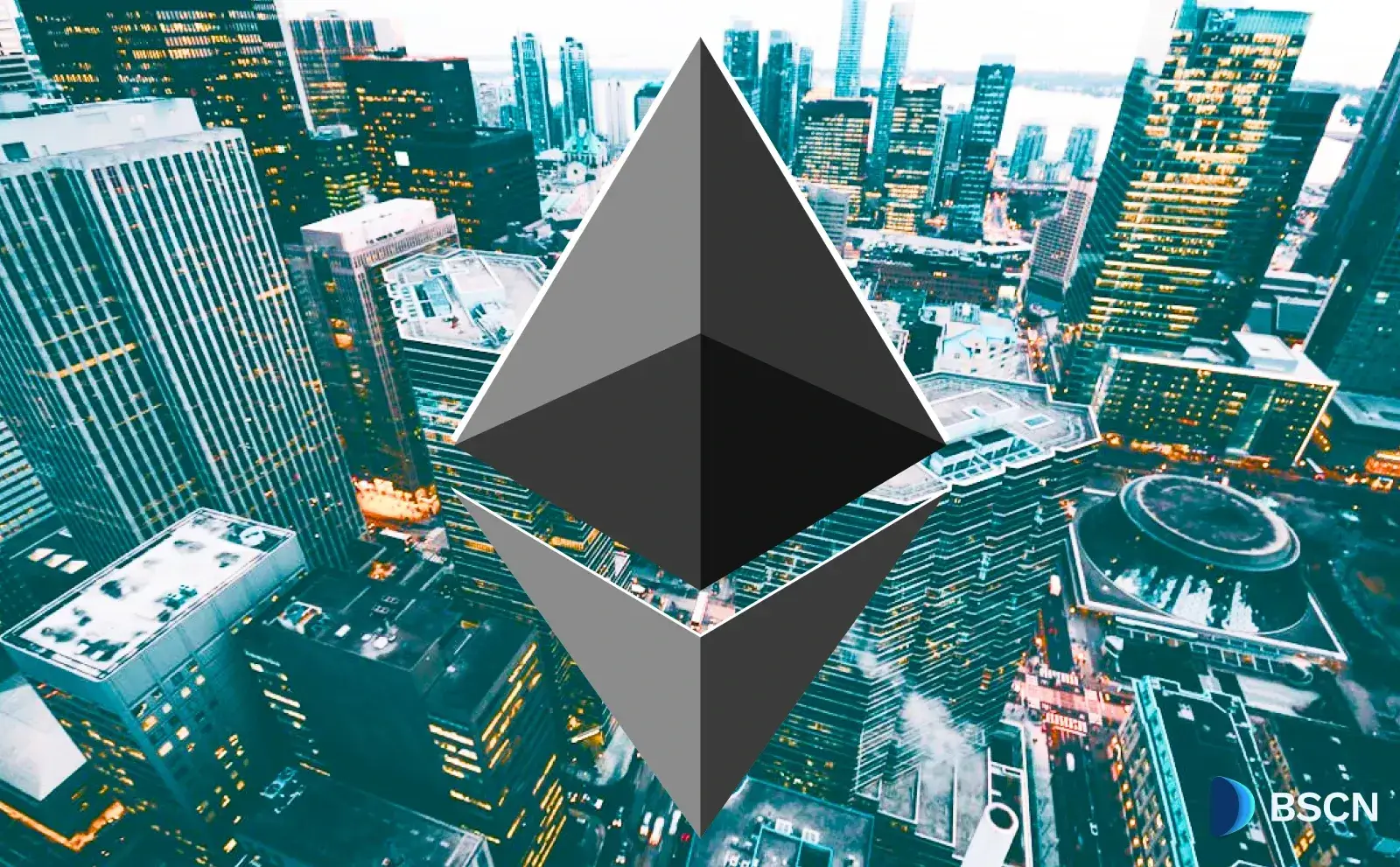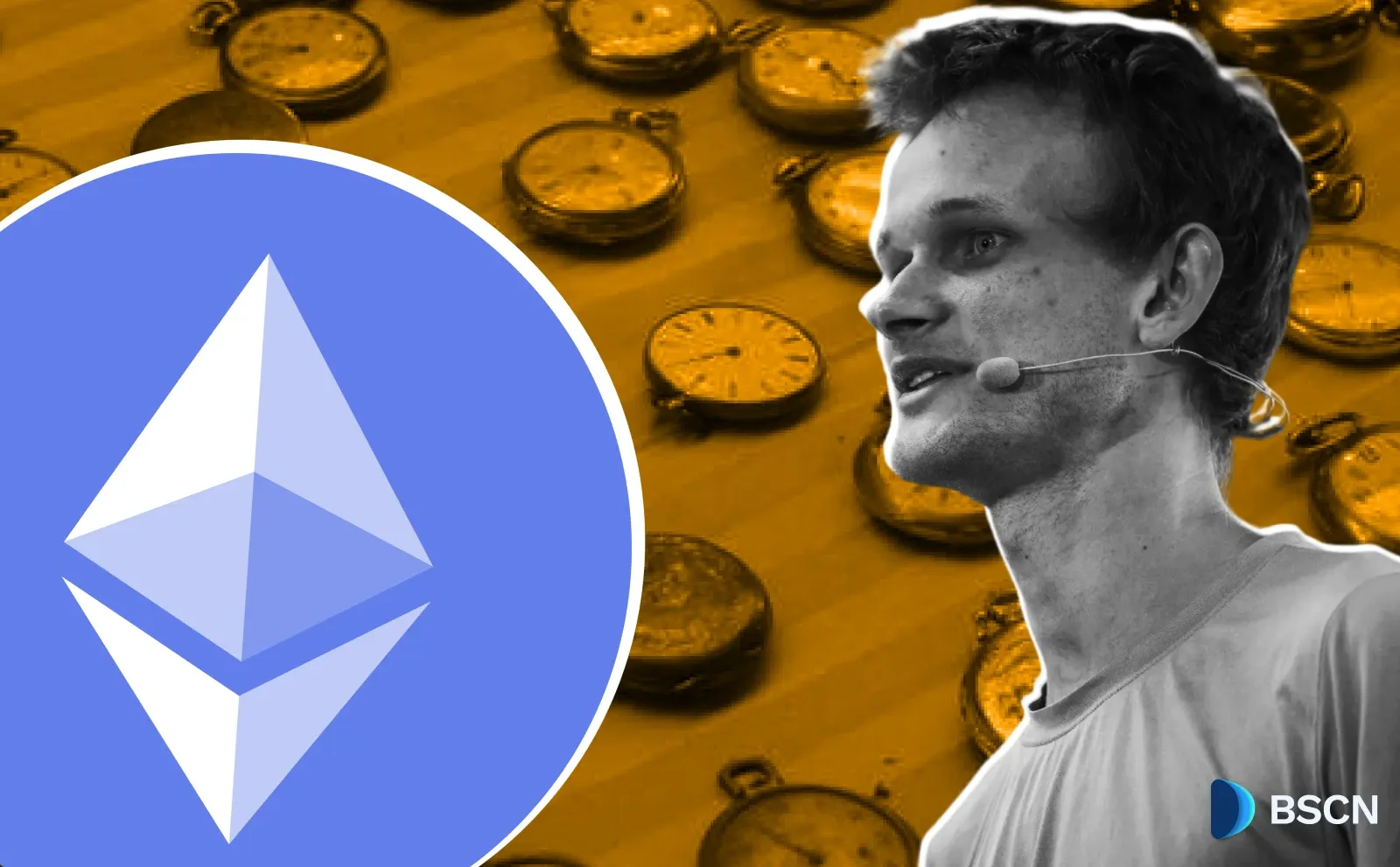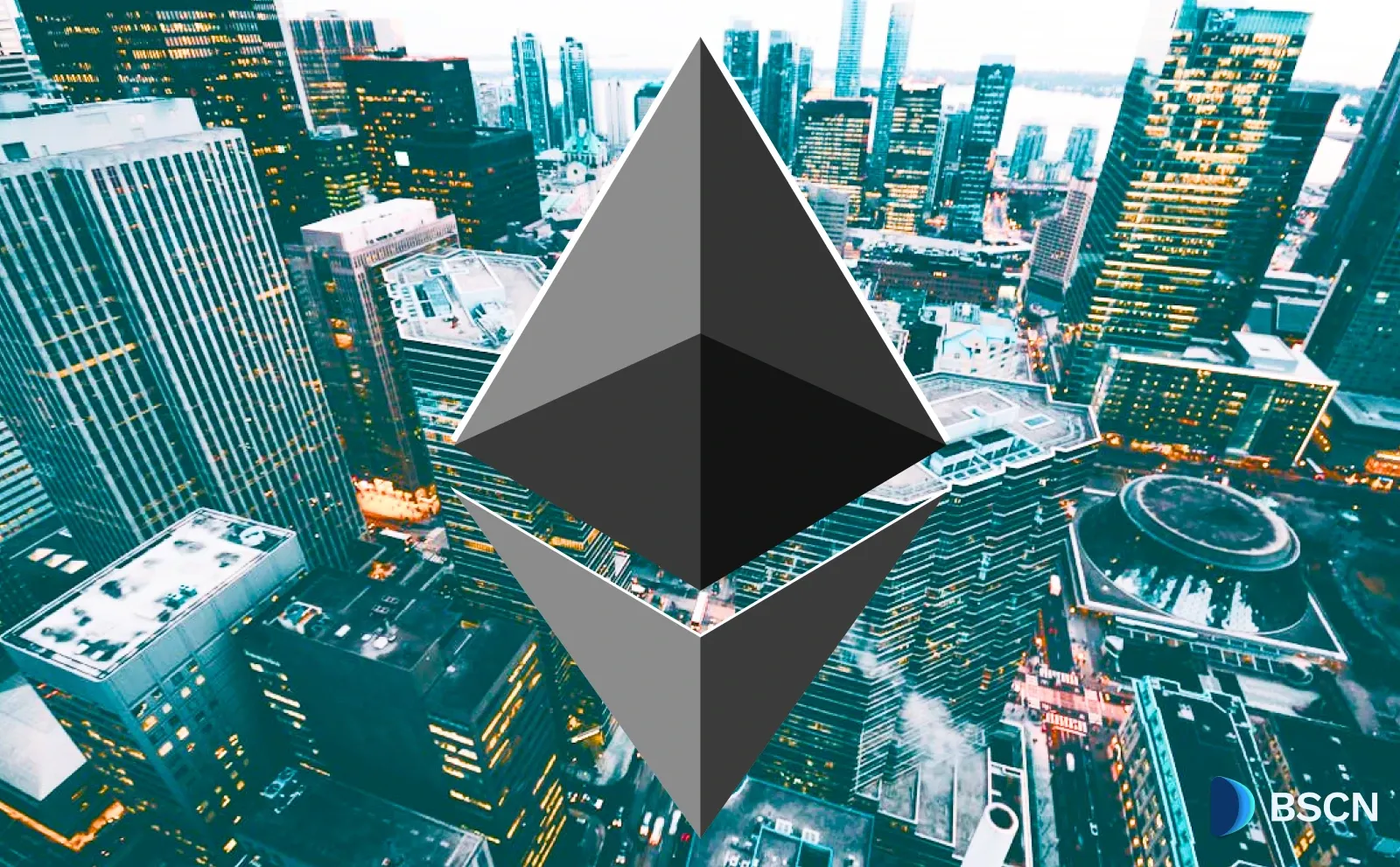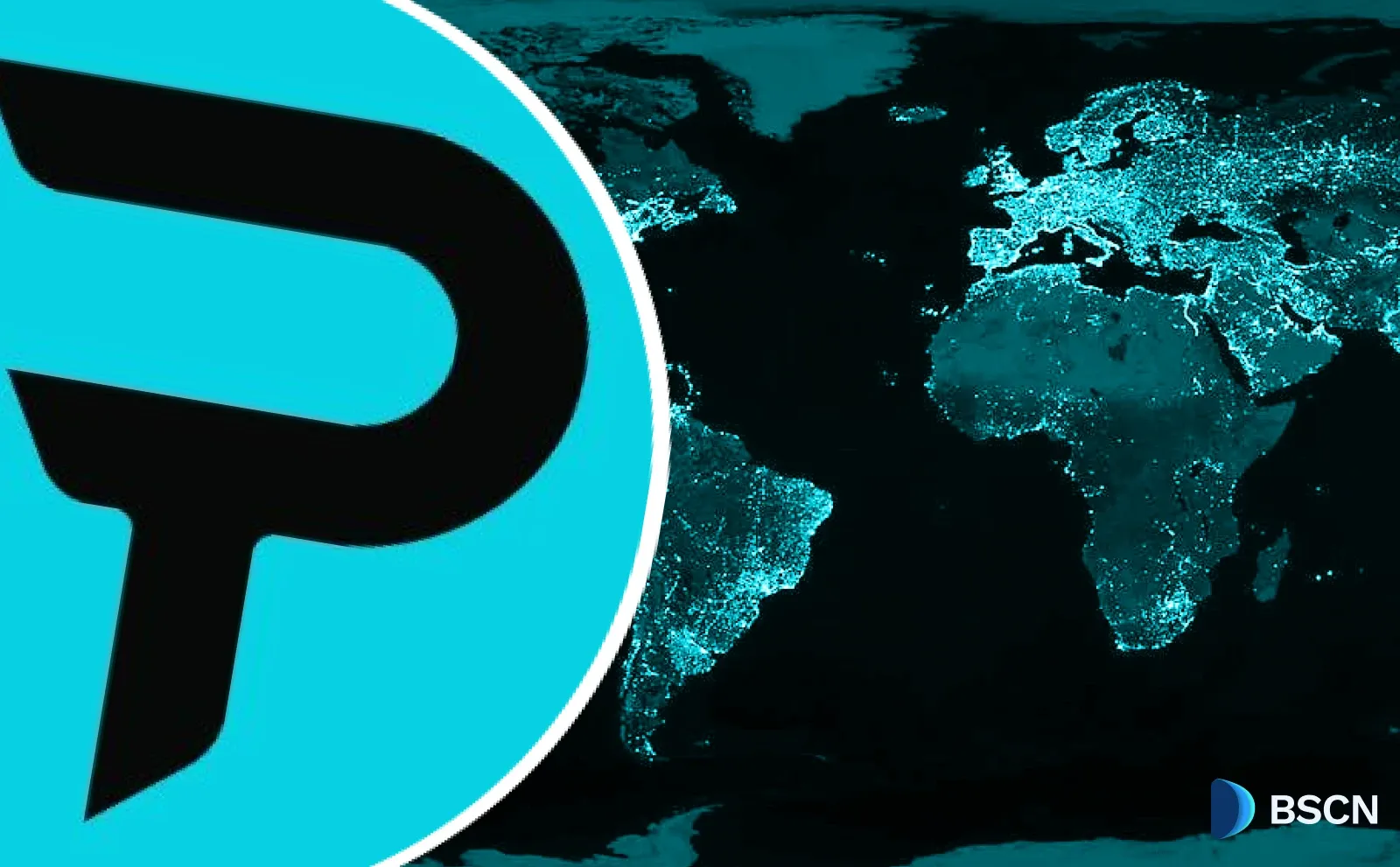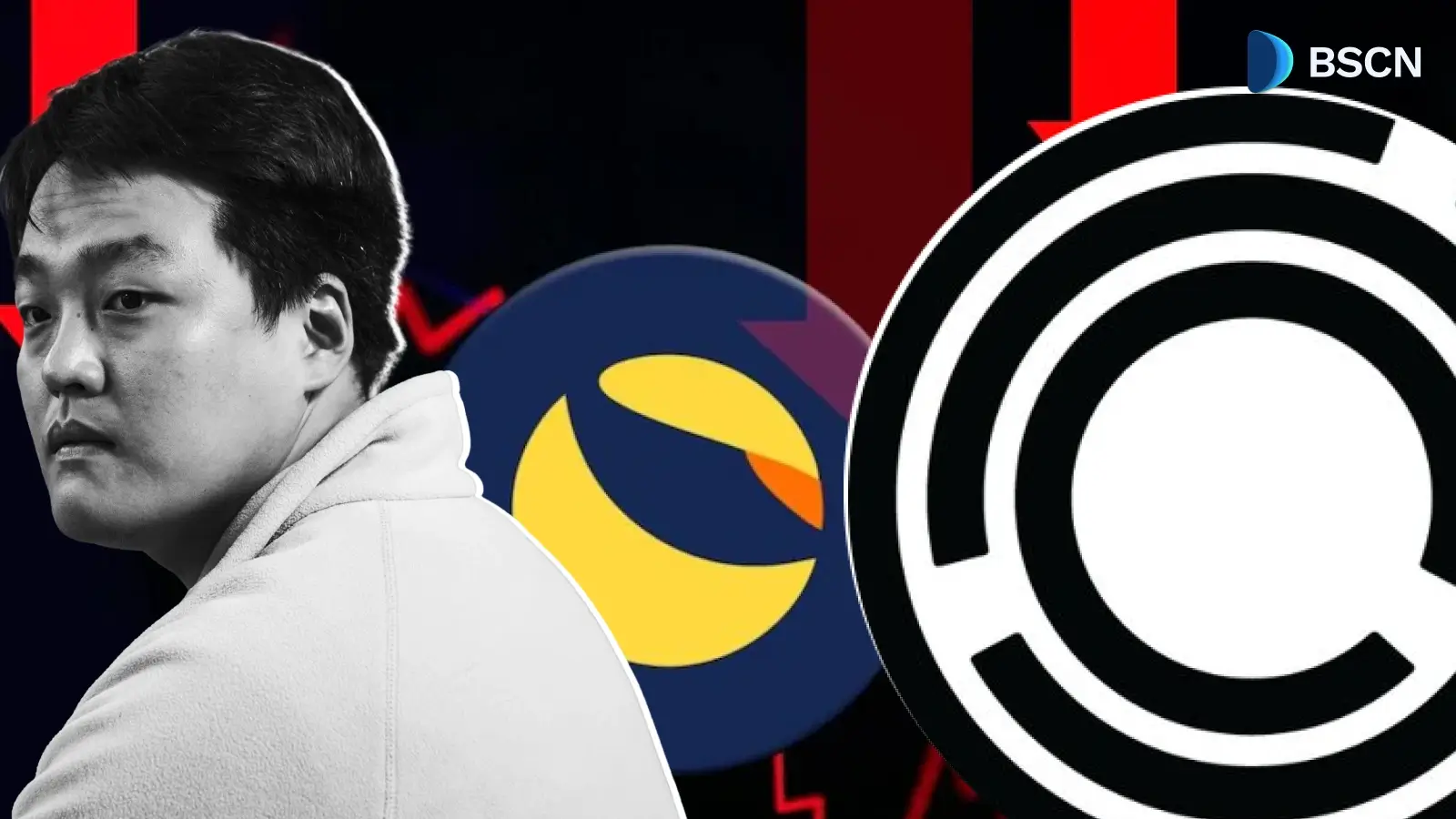Ethereum Moves to Block DoS Attacks with Vitalik Buterin’s Latest Proposal

The upgrade is designed to encourage smaller, modular transactions, which also aligns with zkVM compatibility and Ethereum’s future-proofing goals.
Soumen Datta
July 7, 2025
Table of Contents
Ethereum co-founder Vitalik Buterin and researcher Toni Wahrstätter have introduced a new Ethereum Improvement Proposal, EIP-7983, that could reshape how transactions are handled on the network.
At the core of this proposal is a gas usage cap of 16.77 million units per transaction, intended to increase Ethereum’s resilience against denial-of-service (DoS) attacks and to improve predictability in transaction pricing.
The proposal introduces a clear transaction limit: if a single transaction exceeds 16.77 million gas, it would be deemed invalid and excluded from the mempool. Likewise, any block containing such a transaction would also be considered invalid.
This change is not a reduction of Ethereum’s total block gas limit. That remains under the control of validators and miners through existing consensus rules. Instead, the proposal introduces a per-transaction restriction that ensures no single user or smart contract can dominate block resources.
Why 16.77 Million?
Under the current rules, it is possible for a single transaction to consume an entire block’s gas limit. This opens the door to block saturation and network instability. EIP-7983 tackles this risk by capping transaction-level gas use to 2²⁴, or 16.77 million gas units.
According to Buterin and Wahrstätter, this value was selected because it accommodates most common use cases on Ethereum—including DeFi interactions, smart contract deployments, and complex token swaps, without introducing vulnerabilities.
More importantly, the cap forces developers to break down large operations into smaller modular steps, which aligns better with the architecture of zk-based execution environments. These environments benefit from predictable transaction sizes and modular workflows that allow for more efficient proof generation and state verification.
Protecting Ethereum from Denial-of-Service Attacks
DoS attacks remain one of the most critical threats to public blockchain networks. By limiting the amount of gas a single transaction can consume, EIP-7983 prevents malicious actors from crafting oversized transactions that could monopolize block space or delay network confirmation times.
The gas cap ensures a more equitable distribution of block resources, enhancing both decentralization and user experience. It encourages developers to write more efficient smart contracts, knowing that bloated or overly complex calls will be rejected at the verification stage.
Not a Disruption
Most transactions on Ethereum today fall far below the proposed gas limit, meaning this change is unlikely to disrupt existing dApps or user behavior. Still, it sets a precedent for protocol-level enforcement of transaction limits, which had previously relied more heavily on client-side optimization and gas estimation strategies.
EIP-7983 builds on earlier proposals such as EIP-7825, which also focused on making transaction execution more predictable and resource-efficient. Together, these efforts reflect an ongoing push within the Ethereum developer community to reduce complexity and improve long-term scalability.
Buterin’s Broader Vision for Ethereum Simplification
The gas cap proposal comes just weeks after Buterin publicly called for a simplification of Ethereum’s base layer, citing rising costs, delayed rollouts, and elevated security risks from excessive protocol complexity. In May, he published a roadmap that emphasized minimalism, inspired by Bitcoin’s lean architecture.
From partial statelessness—where full nodes store only relevant state data—to pluralistic identity systems that balance privacy and participation, Buterin has been laying the groundwork for a future Ethereum that is more streamlined and sustainable.
EIP-7983 fits within this vision by offering a simple, enforceable rule that helps Ethereum maintain performance standards without sacrificing flexibility for advanced applications.
Ethereum Faces Competition from Leaner Platforms
Ethereum’s dominance is being challenged by more agile platforms like Solana, which recently outpaced Ethereum in monthly dApp revenue and decentralized exchange (DEX) volume. In June, Solana recorded $146 million in dApp revenue and over $5.7 billion in DEX volume, compared to Ethereum’s $4.7 billion.
As competitors leverage high throughput and low-cost environments, Ethereum must continue refining its protocol to maintain relevance. Proposals like EIP-7983 signal a commitment to performance optimization and operational clarity—crucial steps in that direction.
Read Next...
Disclaimer
Disclaimer: The views expressed in this article do not necessarily represent the views of BSCN. The information provided in this article is for educational and entertainment purposes only and should not be construed as investment advice, or advice of any kind. BSCN assumes no responsibility for any investment decisions made based on the information provided in this article. If you believe that the article should be amended, please reach out to the BSCN team by emailing [email protected].
Author
 Soumen Datta
Soumen DattaSoumen has been a crypto researcher since 2020 and holds a master’s in Physics. His writing and research has been published by publications such as CryptoSlate and DailyCoin, as well as BSCN. His areas of focus include Bitcoin, DeFi, and high-potential altcoins like Ethereum, Solana, XRP, and Chainlink. He combines analytical depth with journalistic clarity to deliver insights for both newcomers and seasoned crypto readers.
Crypto Project & Token Reviews
Project & Token Reviews
Comprehensive reviews of crypto's most interesting projects and assets
Learn about the hottest projects & tokens



